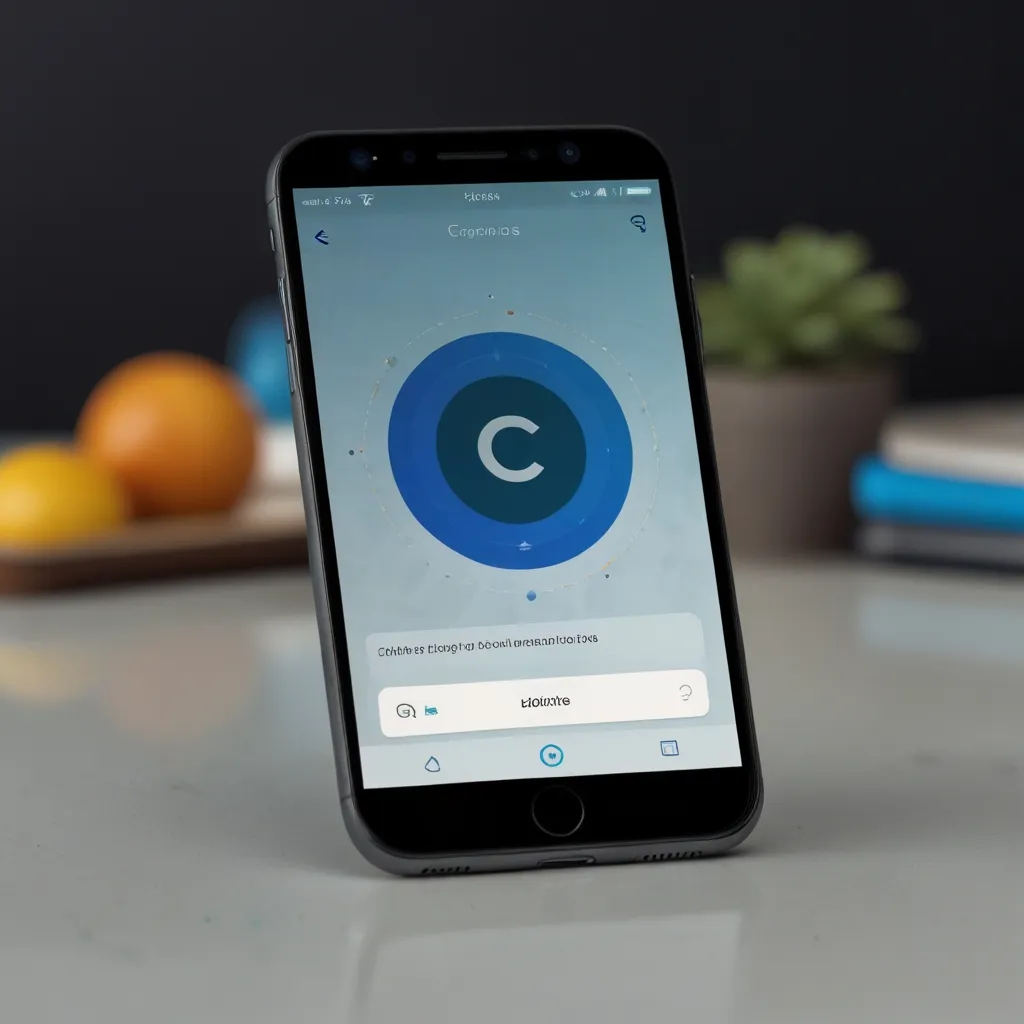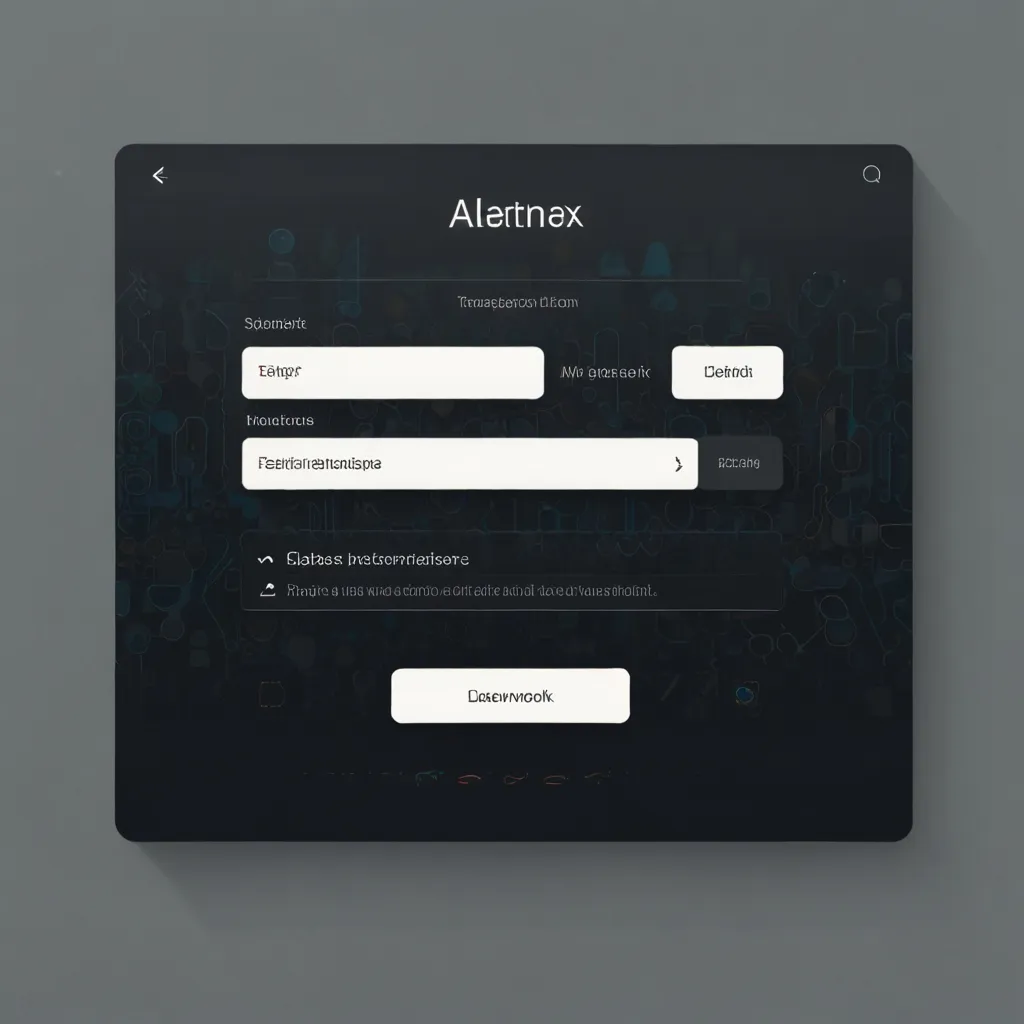What’s the Deal with Ionic?
Alright, let’s talk about Ionic – this nifty open-source SDK designed for hybrid mobile app development. Now, don’t let the jargon scare you off. Essentially, Ionic uses familiar web technologies like HTML, CSS, and JavaScript to create apps that look fab on iOS, Android, and even as Progressive Web Apps (PWAs). It’s a sweet deal if you want apps that work across various platforms without sweating over different codebases.
Where It All Began
This cool tech was born back in 2013, thanks to the folks at Drifty. The idea was to make cross-platform mobile development less of a headache. Initially, it leaned on AngularJS and Apache Cordova, which was a game-changer for hybrid mobile apps. Over time, Ionic has shed some old skins and now offers flexibility so you can use it with or without frameworks like ReactJS or Vue.js.
What Makes Ionic Stand Out
One Code, Many Homes
One awesome feature is its cross-platform development. Write your code once and it’s good to go on iOS, Android, and the web. Imagine working on a chat app; with Ionic, you create a single codebase that works seamlessly across platforms. It’s like hitting three birds with one stone – huge time-saver!
Web Tech Powerhouse
Ionic is a darling among web developers, and for good reason. Using HTML, CSS, and JavaScript makes the transition to mobile app development smooth as butter. Plus, these technologies are universally understood, so maintaining and updating apps is a breeze.
Near-Native Experience
Even though Ionic apps are built with web tech, they can still tap into native device features like the camera, Bluetooth, or fingerprint sensors. This magic happens through plugins using Apache Cordova or Ionic’s own Capacitor. It’s like having the best of both worlds.
Handy Development Tools
Ionic’s Command Line Interface (CLI) is a lifesaver. It lets you create, build, test, and deploy apps without breaking a sweat. Also, there’s the Ionic VS Code Extension for those who want to keep things streamlined within their favorite code editor.
Quick Feedback Loop
With Hot Refresh and Live Reload, you’ll see changes to your app in real-time. This means less time spent rebuilding and redeploying, and more time seeing your ideas come to life instantly. It’s perfect for those who like to tinker and tweak.
Customization Galore
Got unique needs? Ionic has you covered. You can develop custom plugins using Swift for iOS, Java for Android, and JavaScript for the web. This gives you the freedom to integrate almost any native feature your heart desires.
Cloud Perks
Ionic’s Appflow brings cloud services to the party, making it easy to handle native builds, push live updates, and automate deployments. It’s like having a personal assistant that manages your app’s lifecycle from start to finish.
Community Love
The Ionic community is buzzing with over five million developers. Platforms like GitHub, Twitter, Slack, and the Ionic forum are hives of activity where you can always find help. This supportive network is especially valuable for smaller teams that might not have extensive in-house resources.
Why Go Ionic?
Cost Savings
Using a single codebase for multiple platforms significantly cuts down on development time and costs. You won’t need separate teams for iOS and Android, leaving you with more budget for other cool features.
Rapid Development
Because Ionic relies on familiar web technologies and has a ton of handy tools, you’ll be cranking out apps faster. This is a huge win for businesses aiming to get their apps out there swiftly.
Versatile and Accessible
Ionic lets you build dynamic, functional, and accessible apps. It supports plenty of plugins and features for a rich user experience. Plus, its web technology foundation allows for easy optimization for accessibility, making your apps more inclusive.
Real World, Real Cool
Building a Chat App
Imagine building a chat app that works on Android, iOS, and the web. With Ionic, you only need to write your code once. Plugins can handle things like push notifications and camera access. It’s an efficient way to cover all bases.
Going PWA
Progressive Web Apps are hot right now, giving users a native-like experience straight from the browser. With Ionic, you can build a PWA that can also be deployed as a native app. Think about a cryptocurrency app running smoothly on any platform, offering a consistent user experience without needing separate codebases.
Wrapping It Up
So, that’s Ionic in a nutshell. This powerful tool for hybrid mobile app development brings a slew of benefits that developers rave about. Leveraging familiar web technologies, it seamlessly integrates with native device features and streamlines the development process. Whether you’re a seasoned coder or just diving into app development, Ionic equips you with the tools and community backing to create top-notch, versatile apps that perform across different platforms.
In essence, Ionic shines with its cross-platform capabilities, friendly web technology use, handy native integration, robust dev tools, and strong community support. If you’re looking to build hybrid mobile apps efficiently and effectively, Ionic is definitely worth your consideration.






